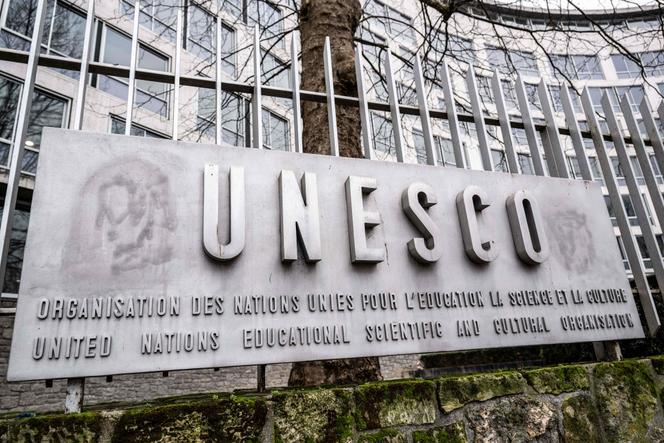


The United States on Tuesday, July 22, announced it has left UNESCO, saying the UN cultural and education agency, best known for establishing world heritage sites, is biased against Israel and promotes "divisive" causes.
"Continued involvement in UNESCO is not in the national interest of the United States," the State Department spokeswoman said. The US exit was expected under President Donald Trump, who also ordered withdrawal from the United Nations Educational, Scientific and Cultural Organization in 2017 during his first term. President Joe Biden then reestablished US membership.
State Department spokeswoman Tammy Bruce described UNESCO as working "to advance divisive social and cultural causes" and being overly focused on UN sustainability goals, which she described as a "globalist, ideological agenda." Bruce also highlighted what she said was the body's anti-Israeli position in admitting Palestine as a state.
"UNESCO's decision to admit the 'State of Palestine' as a member state is highly problematic, contrary to US policy, and contributed to the proliferation of anti-Israel rhetoric within the organization," Bruce said.
UNESCO Director General Audrey Azoulay said on Tuesday, "I deeply regret President Donald Trump's decision to once again withdraw the United States of America from UNESCO. However regrettable, this announcement was expected, and UNESCO has prepared for it."
The UN organization describes its mission as promoting education, scientific cooperation and cultural understanding. It oversees a list of heritage sites aimed at preserving unique environmental and architectural gems, ranging from the Great Barrier Reef off Australia and the Serengeti in Tanzania to the Athens Acropolis and Pyramids of Egypt.
Trump was not the first to pull the US out of UNESCO. President Ronald Reagan ended US membership in the 1980s, saying the agency was corrupt and pro-Soviet. The US reentered under the presidency of George W. Bush.
